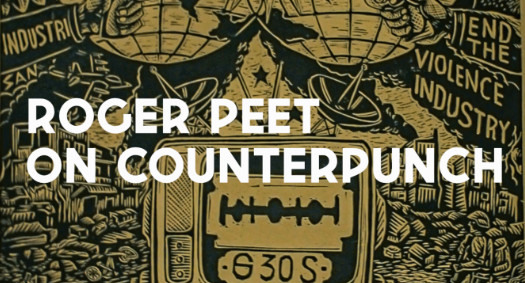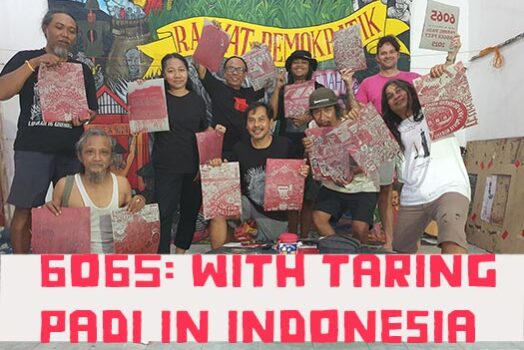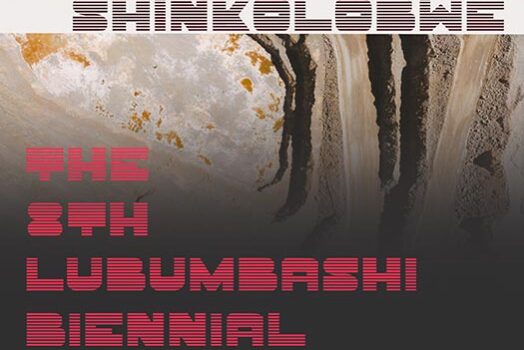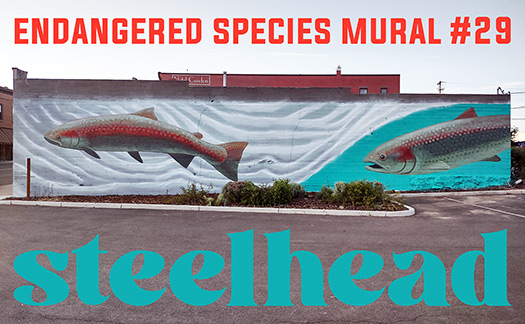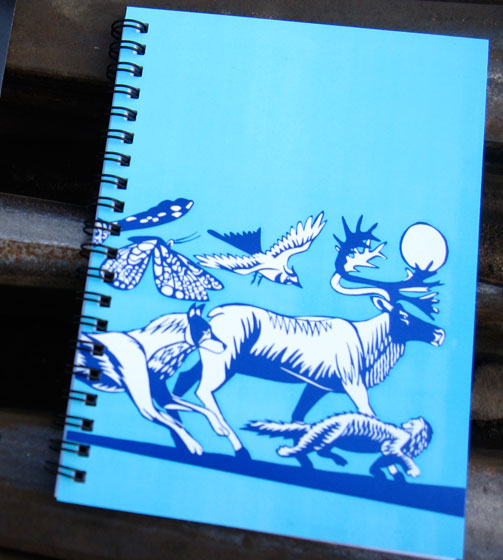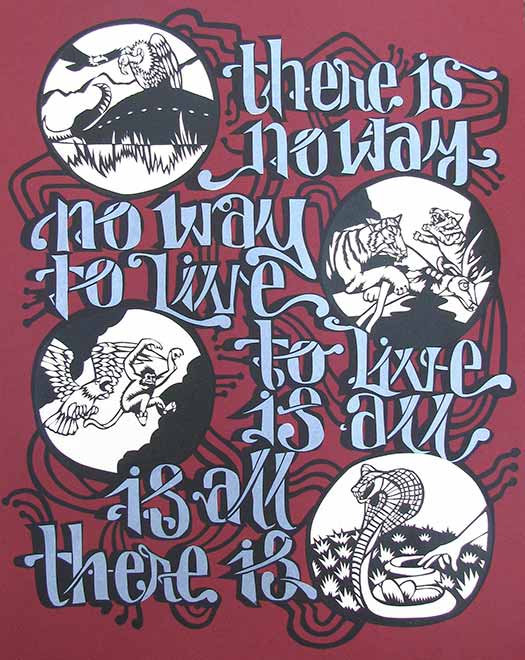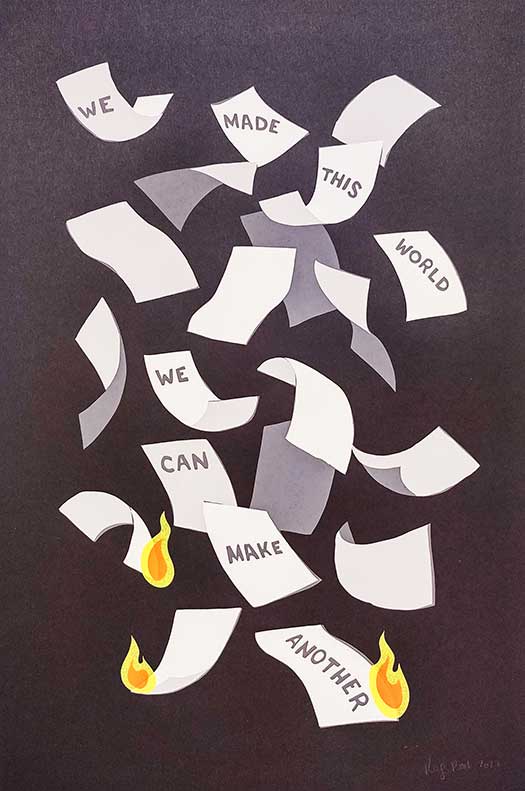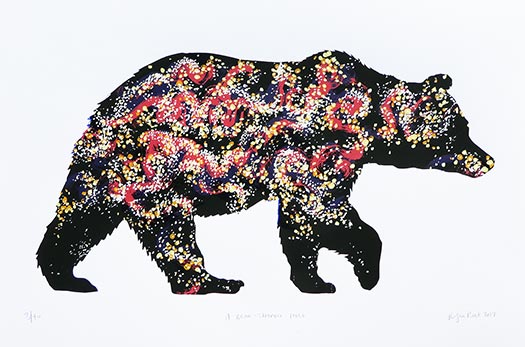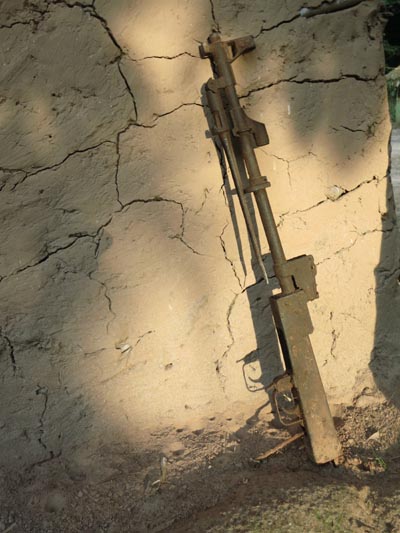
For the last two months I’ve been working for a conservation organization called TL2 here in the Democratic Republic of Congo. The acronym describes the names of the three rivers that bound the project’s area of focus- great brown ropes of sluggish water (full of very odd fish) called respectively the Tshuapa, the Lomami, and the Lualaba (which becomes the Congo river downstream). This is my second trip here, after a sojourn of three months in 2012.
The project I’ve been working on is basically an attempt to create a new national park. All of Congo’s current national parks were created by executive fiat by Mobutu Sese Seko, the great despot and tyrant and sweet friend of the west who ruled the country for the thirty years prior to 1994, with a sweep of his pen. He enclosed great swaths of ecologically significant territory and then ordered his army in to burn the villages of anyone resident within those lines who was taking their time in relocating. The project I was working for aims to create a park in an area of similar richness, but without the violent purging of local residents and with a hopeful goal of creating enthusiasm for the idea of protected lands among the people who reside near the park. If this latter seems like a tall order, consider that protected areas in which wildlife populations can increase are more likely to populate encircling buffer zones with edible species than are forests stripped bare of anything that moves, a process currently well under way as a result of the massive commercialization of forest animals for urban meat appetites. The process of convincing people that a park is a good idea goes along with convincing people that they should take steps to exclude the commercial hunters from their forests, in their own interest of continuing to have some fresh protein to supplement the wiry chickens and the special-occasions-only goats. This policy of exclusion is, among the devastatingly hospitable people of the DR Congo, no easy bill of goods to sell. So this is where TL2 come in.
Doing the work of conservation, in this circumstance, in this country at this point in time, requires the performance of what we in the west might consider to be the role of the state by non-state actors, the assumption of roles of government by what are known as Non-Governmental Organizations. In a state as corrupt, intransigent and distant as Congo’s, it take entities desirous of doing work to get work done, and these entities are not found among the elements of the state that are charged with the performance of such tasks. This isn’t an exaggeration. The roles of the state in DR Congo are quite simple, and pretty clearly circumscribed- they converge unerringly on one commandment, which is Get Paid. Let me digress on this topic one sec.
Imagine yourself in the medium-size city of Kindu in the central east of DR Congo, where TL2 has one of it’s main offices. It’s a bit of a ragged place, but full of friendly people. If you stop and stand very still and try very hard to focus, you can see a few things that the state applies itself to. There are new buildings in central Kindu, made from new bricks fired in tall mounds using the wood of huge shade trees cut from public thoroughfares. These buildings have a deep blue glazing to their windows that matches the colour of police uniforms, and they are there to house important people and their big desks. There is a supply of electricity in the city, which fluctuates like sunlight obscured by scudding cloud. It is a fragile phenomenon, subject to interruption in case of rain, wind, or in the presence of over-inquisitive cows, in which latter situation the city may go dark and the howl of the artisanal sawmill cease, but the residents of the neighborhood will at least be compensated with an opportunity for fresh beef. The state buys uniforms, rifles, ammunition, and boots and hands them out to the police and to the military. If you squint desperately, you can almost make out another role, which has something to do, somewhere, with the administration of the national army and the use of same in the vigorous defense of national territory against disreputable aliens. Blink, however, and you’ve missed it. At this point you’ll start rubbing your tired eyes and soon you will shrug your shoulders in defeat. Is that it? That’s about it.
The state does not seem to build roads. The Chinese are doing that. The state does not seem to construct hospitals, schools, or to ameliorate the conditions of drinking water, public sanitation, or in fact anything that might make the daily life of Congolese citizens more salubrious. Those tasks are accomplished by entities from Europe or perhaps the US. It does not make the trains run on time, nor is it concerned with where they might be going or what they are running on.
The state knows it has to be there, it knows that one must have a state, of course. The state is proud of its history of having people be part of it, of being comprised of democratically elected members of society at large. The state can point to pictures on its office walls in which groups of individuals in good suits and expensive watches smile broadly and congratulate each other, and can point to other pictures in which individuals with serious expressions hold expensive pens over what are obviously very important documents, but it has cunningly shrugged off much of what, in other locations, the defenders of state-like entities would term its responsibilities. If the state can be defined as a ritual performance, a magic trick designed to make society hand over control of its daily life and interests to an opportunistic few in exchange for stability and structure, then in Congo the state has gone one better- it has eliminated the need to give anything of substance back to the people subjected to it, and has managed a clever sort of distributed neo-feudalism that buys a lot of nice cellphones, some great looking shoes, and a mountain of half-finished architectural follies full of lizards, butterflies, and rats.
My friend Maurice has a story that he is fond of telling about an election in 2012 for the Congolese Parliament. One of the candidates for the post of deputy (equivalent to a congress-person in the US) was a bicycle-taxi driver, a transporter of people and goods by muscle power on a sturdy steel Indian-made bicycle, a common source of self-employment in Congolese cities. This individual ran a campaign which consisted of asking his fellow taxi-men to vote for him, and to persuade their fellows and their families to do so as well. He ran against a jowly, predictable entity of the normal sort, a comfortable bureaucrat from a wealthy family who could afford to have his face printed on t-shirts which his ample staff handed out to whomever. The taximan had his friends request those t-shirts, and then he had them return to the distributors and request more, to acquire batches of t-shirts which the recipients said they would give to their families. Then he wrote “Don’t Vote For” on the front of the t-shirts, above his opponent’s name and photo, and added “Vote For the Taximan” on the back. He handed these out to his supporters.
He won. The taximen of Kisangani were overjoyed and paraded through the streets, ringing their bells in a happy cacophony. I asked Maurice what they expected him to do now that he was ensconced in Kinshasa, so far away, with a comfortable salary, an office, and a staff.
“Do?” said Maurice. “They don’t expect him to do anything. He’s arrived.”
And there you have the Congolese state. It is, of course, familiar.
That’s part one. Keep an eye peeled here for further installments over the coming weeks!
